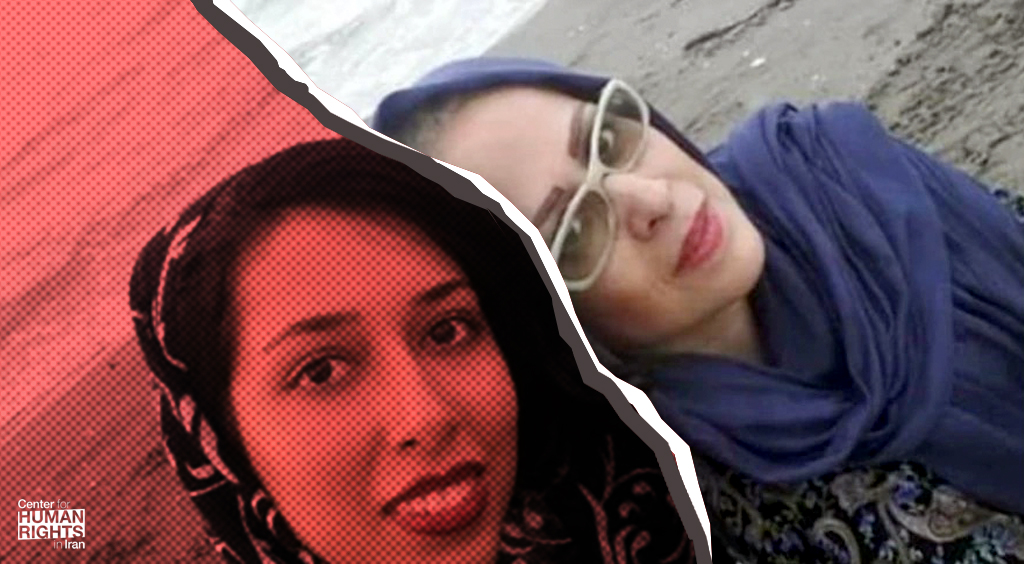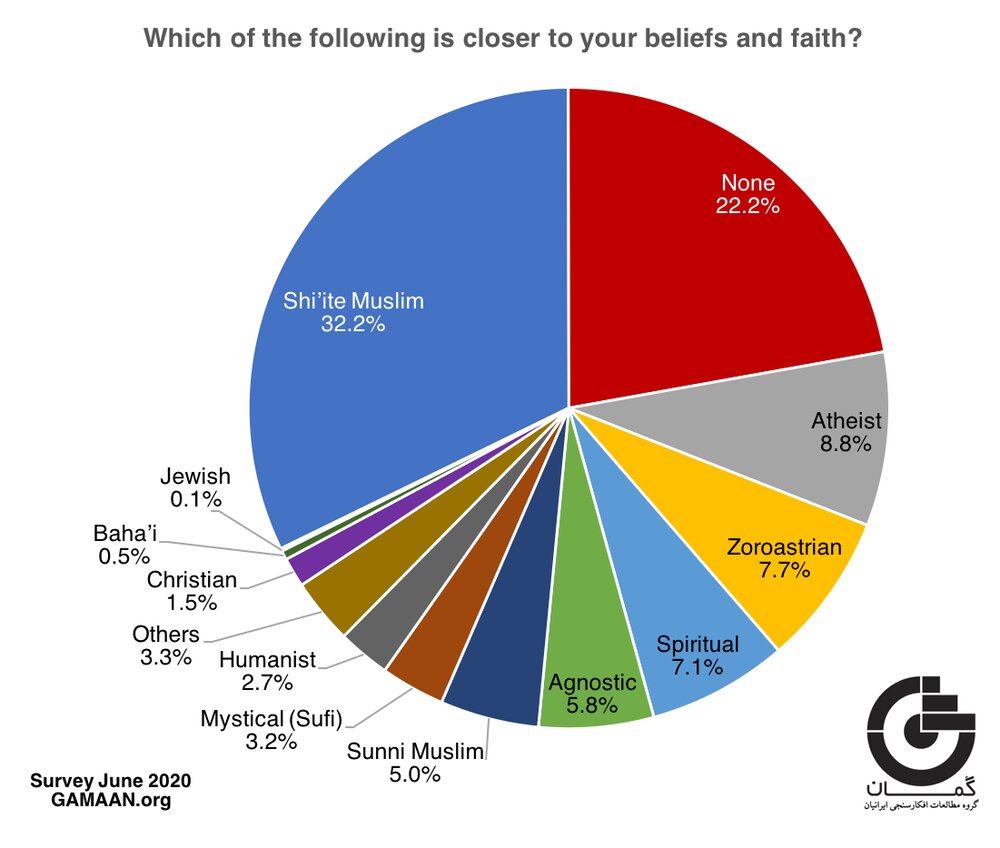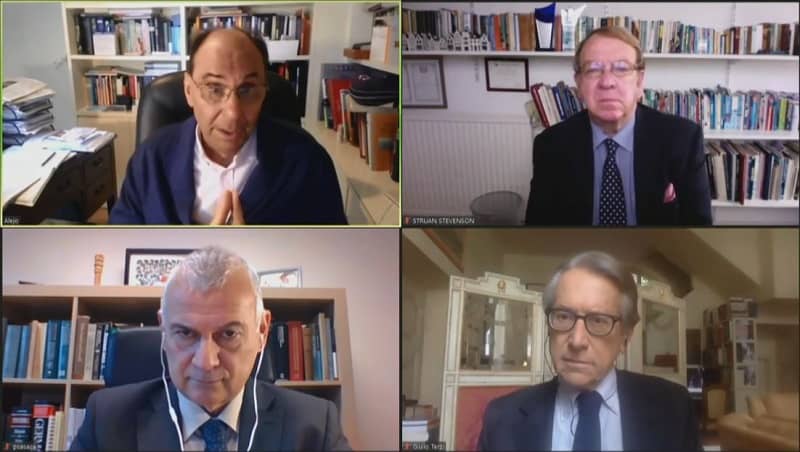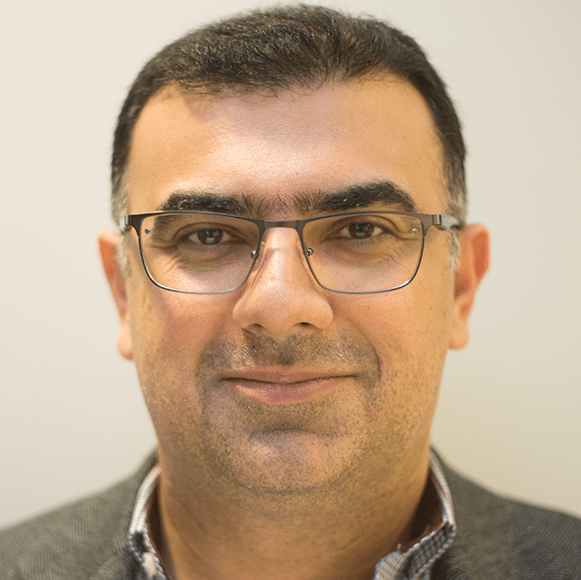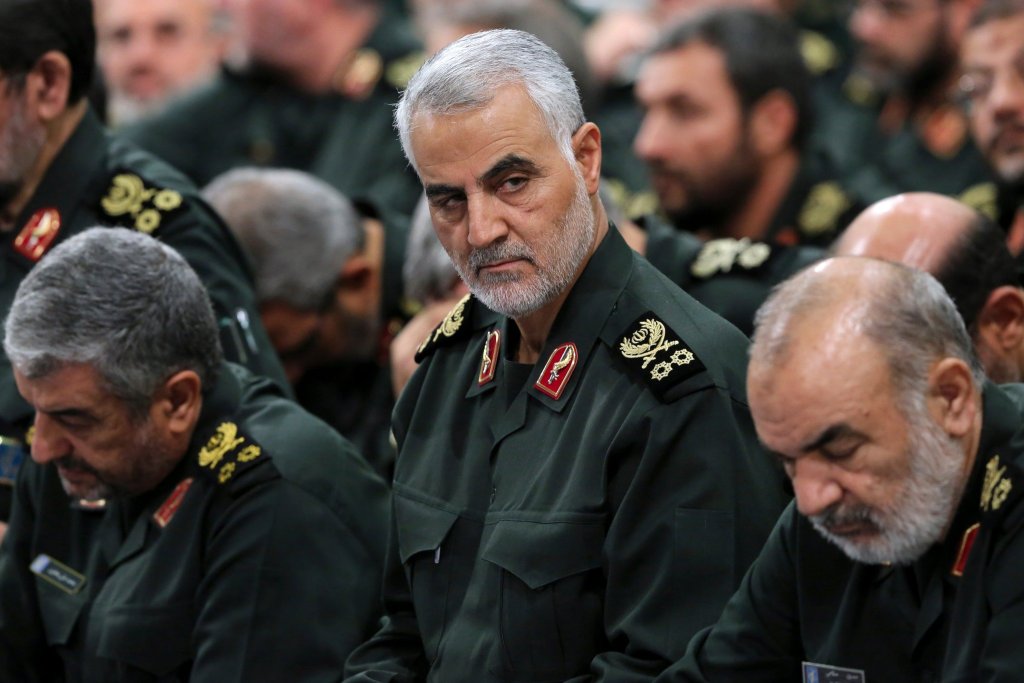Laws in Iran that allow the authorities to imprison people after they’ve been acquitted should be immediately revised, said the mother of jailed activist Saba Kord-Afshari, 21, who is again facing a minimum 15-year prison sentence for advocating against the country’s mandatory hijab law after the Appeals Court acquitted her.
Kord-Afshari’s mother, Raheleh Ahmadi, is also in prison for campaigning against the compulsory hijab.
“When will this injustice end? When will lawlessness stop? I will be the voice of my daughter for as long as I breathe,” wrote Ahmadi in a letter from Evin Prison, according to a report in Radio Farda published on June 5, 2020.
“I demand that judicial authorities revise the law that has led to contradictory verdicts against my daughter Saba Kord-Afshari,” Ahmadi added. “I declare that if the authorities ignore my lawful request, as a mother I will use all my lawful rights to initiate a civil protest action.”
Ahmadi released her statement after Kord-Afshari’s lawyer Hosein Taj tweeted on May 30, 2020, that the 21-year-old’s acquittal had been overturned and that her 15-year prison sentence, which had been rejected by Branch 36 of the Appeals Court, would be enforced.
“When I went to the Ershad courthouse today [May 26] I noticed that Saba Kord-Afshari’s appeal verdict has changed. I will follow up on this matter with the judiciary at once,” he wrote.
Both Kord-Afshari and Ahmadi were imprisoned after publicly campaigning against the compulsory hijab, which all women in Iran are forced to wear at all times in public. As of the time of this writing, they were both still in prison.
In August 2019, Kord-Afshari was sentenced to 24 years in prison for the charges of “encouraging corruption and prostitution,” “assembly and collusion against national security” and “propaganda against the state” after being arrested for removing her hijab in public.
Since February 2020, Raheleh Ahmadi has been in Evin Prison serving a 31-month sentence for the charge of “assembly and collusion against national security,” also after being arrested for removing her hijab in public.
Article 638 of Iran’s Islamic Penal Code states, “Women who appear in public places and roads without wearing an Islamic hijab shall be sentenced to 10 days to two months’ imprisonment or a fine of 50,000 to 500 rials.”
Article 639 of Iran’s Islamic Penal Code stipulates 1-10 years imprisonment for “anyone who establishes or directs a place of immorality or prostitution” or anyone who “facilitates or encourages people to immorality or prostitution.”
Most of the individuals who were sentenced to prison in Iran in the last two years for defying the mandatory hijab were accused of promoting or engaging in “prostitution.”
At least 12 people–10 women and two men–have been sentenced to prison in Iran since 2018 for peacefully advocating against the compulsory hijab, including prominent defense attorney Nasrin Sotoudeh, who is currently serving a minimum 12-year sentence.
In April 2019, the UN called on Iranian authorities to quash the convictions and “immediately release all human rights defenders who have been arbitrarily detained for their work in advocating women’s rights, and to ensure full respect for the rights of women to freedom of opinion and expression, peaceful assembly and non-discrimination.”
Source: Center for Human Rights in Iran

